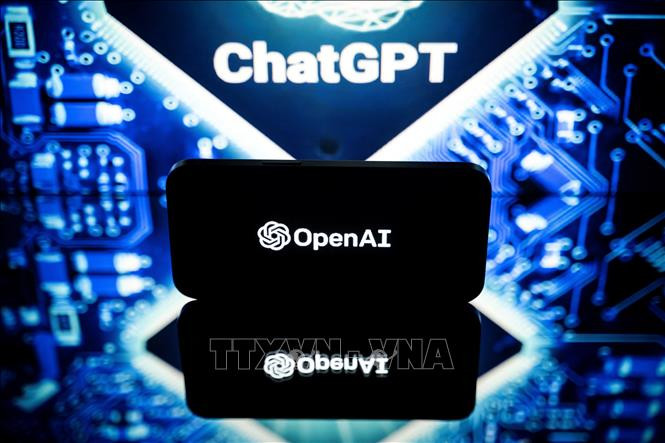Rapid advances in artificial intelligence (AI) demonstrated through software applications like OpenAI's ChatGPT are creating difficulties for governments as they attempt to unify laws governing the use of the technology.

A topic that barely received the attention of lawmakers just a year ago, governments are fiercely debating the pros and cons of regulating or even banning some features of AI.
For business leaders, the question they should be focusing on now is not how or when AI will be regulated, but by whom, the US, China, or Europe. Which side takes the lead will have a significant impact on the pace and trajectory of AI’s transformation of the global economy.
In China, the government has issued a series of temporary measures to regulate the field of generative AI, effective from August 15. Accordingly, China requires service providers to submit to security assessments and receive licenses before releasing AI products on the mass market. After being approved, four Chinese technology companies, including Baidu Inc. and SenseTime Group, launched AI chatbots on August 31.
Also in Asia, the Japanese government is expected to introduce AI regulations by the end of 2023. According to sources familiar with the matter, Japan's stance on the technology appears to be closer to the US than the strict regulations planned in the European Union (EU). The reason is that Japan is looking to leverage the technology to boost economic growth and turn it into an economic development opportunity and make Japan a leader in advanced chip manufacturing.
Japan's privacy watchdog also warned OpenAI in June not to collect sensitive data without users' permission and to minimize the amount of sensitive data the company collects.
As for Europe, EU lawmakers agreed in June on changes to the bloc’s draft AI Act. Lawmakers will now have to discuss the details with EU countries before the draft regulation becomes law.
The biggest issue is expected to be facial recognition and biometric surveillance technology. Some lawmakers want an outright ban on these technologies, while others want exceptions for national security, defense, and military purposes.
Also in Europe, France's privacy watchdog CNIL is investigating several complaints about ChatGPT after the app was temporarily banned in Italy earlier this year over suspected privacy violations. Meanwhile, in March, the French parliament approved the use of AI-powered video surveillance technology at the 2024 Paris Olympics.
In the UK, the Financial Conduct Authority – one of several government regulators tasked with developing new AI guidelines – is consulting with the Alan Turing Institute and other legal and academic organisations to improve understanding of the new technology. The regulator said it would begin examining the impact of AI on consumers, businesses and the economy, and whether new controls are needed.
Meanwhile, the US Congress is holding three hearings on AI on September 11, 12 and 13 to explore legislation to mitigate the dangers of emerging technology. Discussions include a hearing with Microsoft President Brad Smith and Nvidia Chief Scientist William Daly, an AI forum featuring Meta Platforms CEO Mark Zuckerberg and Tesla CEO Elon Musk, and meetings with various subcommittees in the House and Senate.
The US Federal Trade Commission (FTC) has also launched an extensive investigation into OpenAI, based on allegations that the company violated consumer protection laws by endangering reputations and personal data.
Senator Michael Bennet also called on leading tech companies to label AI-generated content and limit the spread of material that could mislead users. He introduced a bill in April to create a task force to review US AI policies.
On a broader scale, the United Nations Security Council (UNSC) held its first formal discussion on AI in New York in July. UN Secretary-General Antonio Guterres said the council addressed AI applications in both military and non-military domains, stressing that they “could have very serious implications for global peace and security.”
Mr. Guterres also supported a proposal by some senior managers in the AI industry to create an AI watchdog, operating similarly to the International Atomic Energy Agency (IAEA). But he noted that "only member states can create it, not the UN Secretariat.
Now business leaders and academics are looking to governments for guidance and starting to develop non-governmental regulatory, auditing, and certification processes to clarify which AI applications and services are trustworthy for the market and ordinary users.